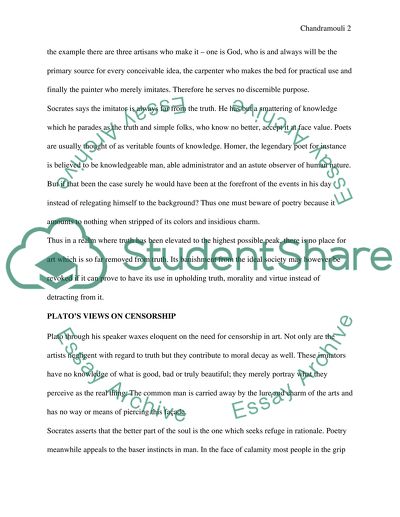Cite this document
(“Plato's The Republic Essay Example | Topics and Well Written Essays - 1500 words”, n.d.)
Plato's The Republic Essay Example | Topics and Well Written Essays - 1500 words. Retrieved from https://studentshare.org/miscellaneous/1515393-platos-the-republic
Plato's The Republic Essay Example | Topics and Well Written Essays - 1500 words. Retrieved from https://studentshare.org/miscellaneous/1515393-platos-the-republic
(Plato'S The Republic Essay Example | Topics and Well Written Essays - 1500 Words)
Plato'S The Republic Essay Example | Topics and Well Written Essays - 1500 Words. https://studentshare.org/miscellaneous/1515393-platos-the-republic.
Plato'S The Republic Essay Example | Topics and Well Written Essays - 1500 Words. https://studentshare.org/miscellaneous/1515393-platos-the-republic.
“Plato'S The Republic Essay Example | Topics and Well Written Essays - 1500 Words”, n.d. https://studentshare.org/miscellaneous/1515393-platos-the-republic.


